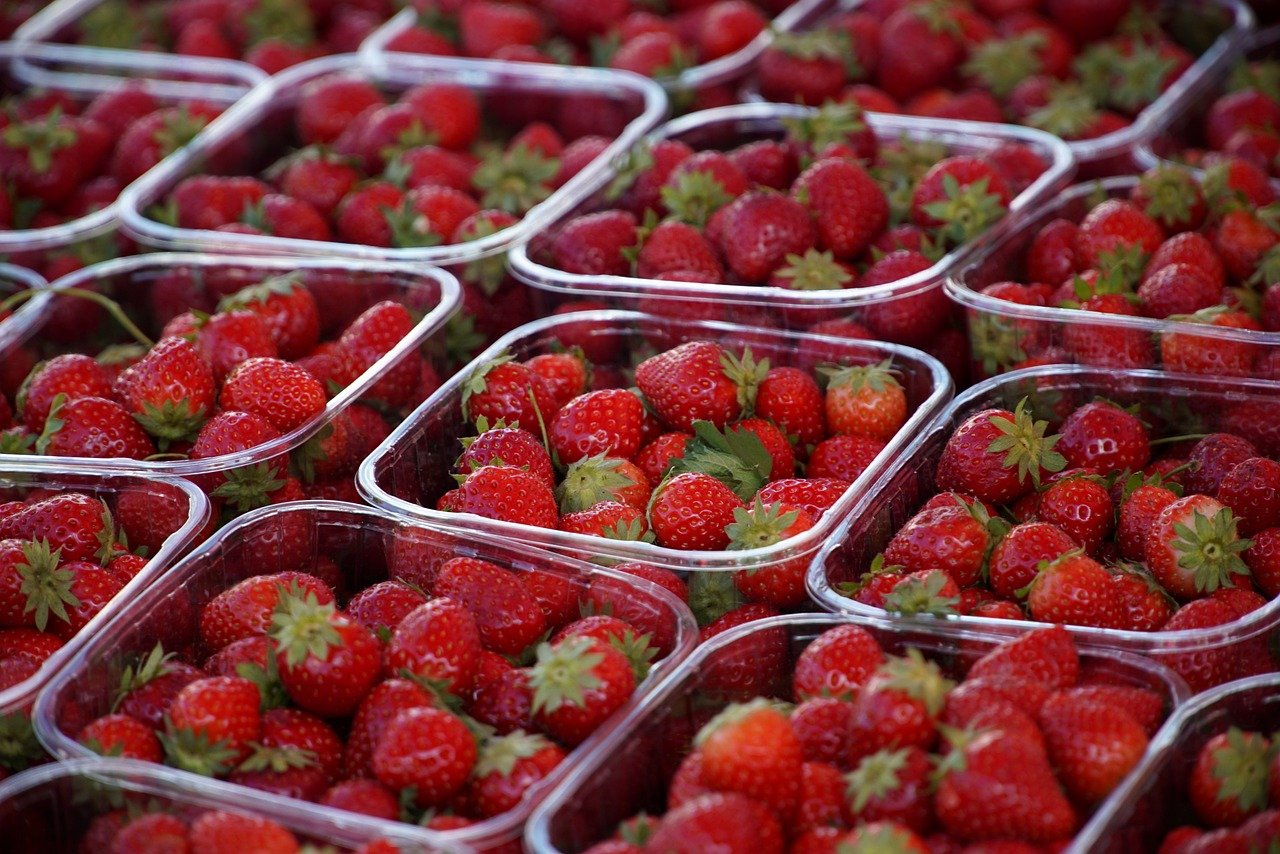Analyzing the Economic Impact of Food Tourism
Food tourism plays a crucial role in boosting local economies by attracting visitors who seek unique culinary experiences. The economic impact is evident as tourists spend on local food and beverages, accommodations, and other related services. This influx of tourists not only generates revenue for food establishments but also supports various sectors such as hospitality, transportation, and agriculture.
Furthermore, food tourism helps in promoting cultural exchange and preserving culinary traditions. By showcasing local dishes and ingredients, destinations can differentiate themselves and appeal to a broader audience. This cultural aspect of food tourism adds depth to the travel experience, enriching the overall tourism offerings of a region and contributing to its economic prosperity.
Factors Influencing Food Tourism Revenue
Food tourism revenue is greatly influenced by the cultural and culinary richness of a destination. Travelers are increasingly seeking authentic food experiences that reflect the local traditions and flavors. This desire for unique gastronomic encounters drives revenue as tourists are willing to spend more on dining experiences that offer a true taste of the destination’s culinary identity.
Additionally, the marketing and promotion strategies employed by destinations play a vital role in influencing food tourism revenue. Effective branding, social media campaigns, and partnerships with food influencers can increase awareness and attract a larger number of food-focused tourists. By leveraging the power of digital platforms and strategic collaborations, destinations can showcase their culinary offerings and entice visitors to explore their food scene, ultimately boosting revenue in the food tourism sector.
Job Creation in the Food Tourism Industry
In the realm of food tourism, jobs are not only plentiful but also diverse in nature. From chefs and tour guides to hospitality staff and marketing professionals, the industry offers a wide range of employment opportunities for individuals with various skill sets. In addition, the seasonal nature of food tourism can create temporary jobs during peak tourism periods, providing employment flexibility for both the industry and workforce.
Moreover, the growth of food tourism has spurred the job creation in related sectors as well. For instance, local farmers, artisans, and producers benefit from increased demand for their products, leading to expanded operations and employment opportunities within the agricultural and food production industries. This interconnected network of job creation across multiple sectors contributes to the overall economic development of regions that embrace and promote food tourism.
What is the economic importance of food tourism?
Food tourism plays a significant role in boosting the economy of a region by attracting tourists who spend money on local food and drink experiences, accommodations, and other services.
What are some factors that influence food tourism revenue?
Factors such as the diversity and uniqueness of local cuisine, the quality of dining experiences, the promotion and marketing of food tourism destinations, and the overall tourism infrastructure can impact food tourism revenue.
How does the food tourism industry contribute to job creation?
The food tourism industry creates jobs in various sectors including restaurants, food markets, farms, culinary schools, tour guides, food producers, and hospitality services, providing employment opportunities for a wide range of individuals.
What skills are important for those seeking jobs in the food tourism industry?
Skills such as culinary expertise, knowledge of local cuisine and food culture, customer service skills, marketing and promotion abilities, and a passion for food and travel are important for individuals looking to work in the food tourism industry.
How can destinations maximize job creation potential in the food tourism industry?
Destinations can maximize job creation potential by investing in culinary training programs, promoting local food experiences, collaborating with food producers and businesses, and creating supportive policies and regulations for the food tourism sector.







